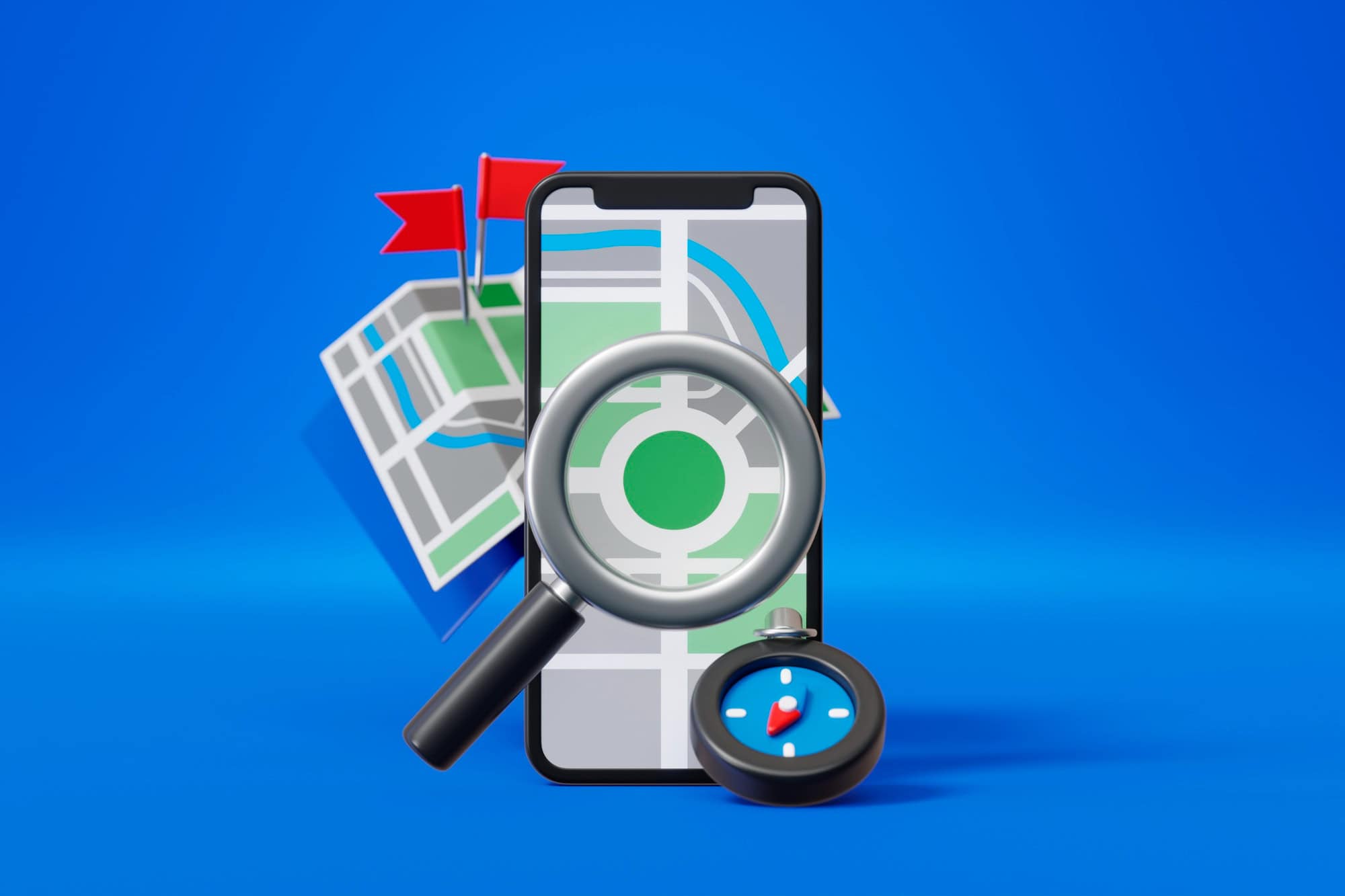While businesses strive to improve their online presence nationwide or even internationally, one of the strategies they often miss out on is local rankings. Whether you’re a small local shop or a large corporation, optimizing your website for local search is important for attracting customers in your area.
Once you are able to attract local customers, you can work further to scale your business countrywide or even internationally. In this context, local search engine optimization helps you appear higher in search engine results when users are looking for products or services nearby.
However, this is only possible with the right strategies in place. Keep reading as we list down the top 7 strategies you can use to achieve higher local search rankings.

1. Optimize Your Google Business Profile
Your Google Business Profile (formerly Google My Business) is often the first impression potential customers have of your business when they search for local products or services. Beyond simply listing your business name, address, and phone number, you will need to utilize this profile to provide as much information as possible.
This approach is important to enhance your profile’s visibility and appeal. Add relevant categories, business descriptions, services, and attributes to ensure that your profile accurately represents your offerings.
Another best approach is to regularly update your GBP profile with new photos, posts, and offers that can help engage customers and improve your search visibility. If you have optimized your GBP profile to the best of your abilities and want to see how it’s performing in search engines, you can use a Google Business Profile audit tool to do so.
2. Local Keyword Research
Local keyword research involves identifying specific terms and phrases that local customers use when searching for businesses like yours. In addition to generic keywords related to your industry, focus on long-tail keywords that include location modifiers.
For example, instead of targeted generic keywords like “best eatery in town” or simply “best eatery,” you can use “best eatery in [city name].” This will help search engines and users know what you are trying to rank for.
You can use keyword research tools and analytics data to find such keywords and explore valuable insights into local search trends and user behavior. By using these keywords naturally into your website’s content, you can increase your chances of ranking higher in local search results and attracting relevant traffic.
3. Create Location-Specific Landing Pages
Location-specific landing pages are dedicated web pages that are used to target audiences in specific geographic areas where your business operates. These pages can be used as valuable entry points for local customers who are searching for products or services in their nearby areas.
The best approach to do this is to customize each landing page with localized content. This will include city-specific information, testimonials from local customers, and details about local events or promotions.
By customizing your messaging to the unique needs and preferences of each local audience, you can enhance user experience on your website. This improved user experience is a notable factor in increasing search engine rankings and attracting customers to buy from you.
4. Optimize On-Page Elements
On-page optimization is one of the most important factors that contributes towards improved search engine rankings for your website. It involves improving multiple elements of your webpages to make them more relevant and attractive for both users and search engines.
Some of the on-page optimization factors include optimizing title tags, meta descriptions, and headers with target keywords and location modifiers. Ensure that your website’s content is informative, engaging, and geographically relevant to local audiences.
You can also incorporate location-based keywords naturally throughout your content while maintaining readability and user experience. By providing valuable, location-specific information, you can increase the likelihood of your website ranking well in local search results.
5. Build High-Quality Local Citations
Simply put, local citations are mentions of your business name, address, and phone number on external websites, directories, and platforms. Building high-quality citations from authoritative and relevant sources can improve your website’s credibility and visibility in local search results.
Start by claiming and optimizing your business listings on popular local directories such as Yelp, Yellow Pages, and Google Maps. Ensure that your information is accurate, consistent, and up-to-date across all citations. This helps search engines identify that you are a reliable brand that users can trust.
Along with mentioning local citations on directories, you can also look for opportunities to earn citations from local business associations. This adds credibility to your business within a specific niche.

6. Earn Quality Backlinks from Local Sources
Backlinks are still one of the most important ranking factors, and if they come from credible local resources, the chances of your business’s local search rankings increase. To earn quality backlinks from local sources, you will need to build relationships with local businesses, organizations, and community influencers.
This strategy will help you earn relevant backlinks naturally. Consider sponsoring local events, participating in community initiatives, or collaborating on content with other local businesses to attract backlinks from credible sources.
Local press can be another smart way to get your featured in local newspapers or publications and earn valuable backlinks.
7. Optimize for Mobile and Voice Search
With the increasing use of mobile devices and voice-activated assistants, optimizing your website for mobile and voice search has now become a necessity to attract local customers. Ensure that your website is responsive and mobile-friendly, with fast loading times and intuitive navigation.
Implement schema markup to provide search engines with structured data about your business, such as location, contact information, and operating hours, to ultimately improve your chances of appearing in local voice search results.